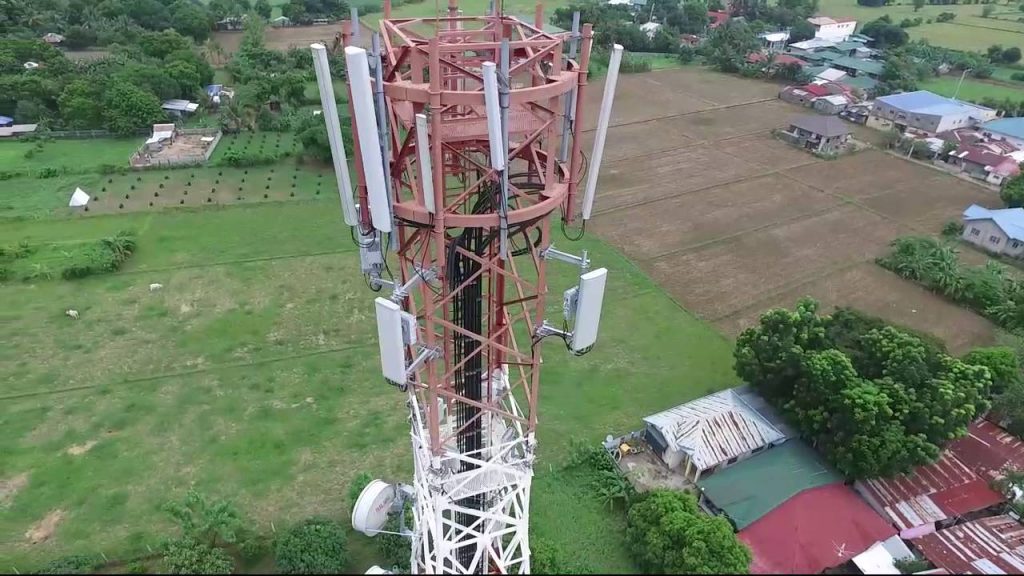
As e-learning trend overtakes the decade-old struggle for adequate internet connection, provinces now face the challenge to make this school year’s opening as productive as possible.
It is in this line that Gov. Art Yap suggested to the Department of Information and Communications Technology (DICT) should start mapping areas with no signal or internet dead spots and those with a poor internet connection.
This will serve as a guide in identifying areas that telecommunications companies and the DICT can come in to make online learning possible.
Yap’s proposal was well-taken at the virtual meeting via Zoom of the League of Provinces of the Philippines (LPP) on August 12.
During the meeting, Yap shared that the province had the areas surveyed by DepEd as to where the signal is weak.
The representative of DICT at the Zoom meeting considered this input from Bohol as a significant contribution in mapping areas that need intervention.
Improving internet connection is an overdue action sought by internet users and now it’s overtaken by the massive dependence on webinars as face-to-face classes are discouraged at this time of the pandemic.
Home-based online workers had also been clamoring for improved internet connection, especially in the provinces.
In response to Yap’s suggestion, the DICT will take the example from Bohol where the DepEd teams have mapped areas suffering from a poor signal and the dead spots.
DepEd officials in other provinces admitted it has been a challenge to them to start everything from step 1 in short a time- -from resources to techniques- -going 360 degrees turn.
For distance learning, it has to depend on the scenario for both teacher and student, and school resources.
If there are resources available for online classes, it can be online then.
But in the hinterlands where the signal is poor, they have to resort to modular.
This means the parents or guardians will have to pick up the modules from the schools then the students or pupils will accomplish the tasks provided in the modules.
The class instructions and lessons can also be through radio or through television.
There is also blended education wherein the classes are conducted online, while the activity sheets or worksheets will be taken from the “kiosk”, then to be answered by the students or pupils; and submitted back to the “kiosk”.
Whatever is possible and practical in the learning, the scenario is adopted, since not all can be implemented through online processes.
One challenge in online classes is the availability of power supply in a particular place, or where the student or pupil does not have any gadgets, or the school has no gadget.
There are places that do not have power supply and there are those with solar panels but the power supply is not enough. In these areas, DepEd resort to the modular scheme of instructions.
